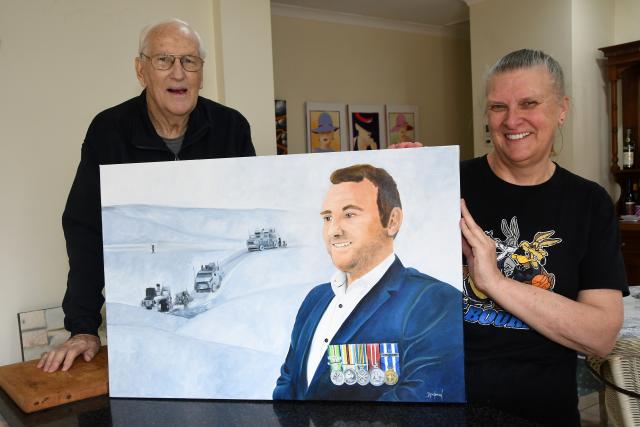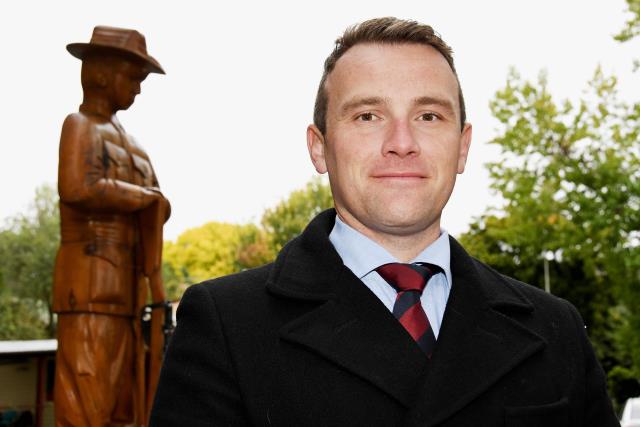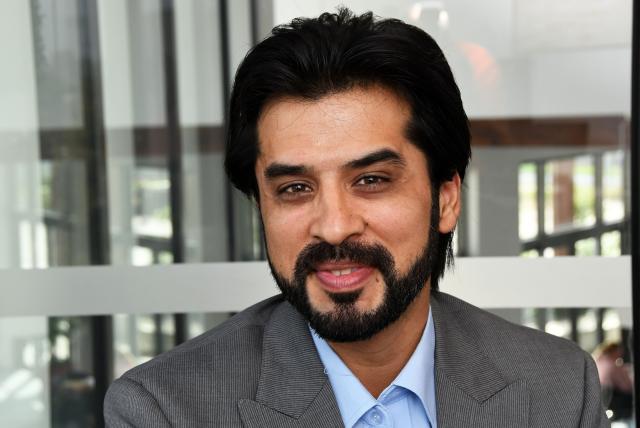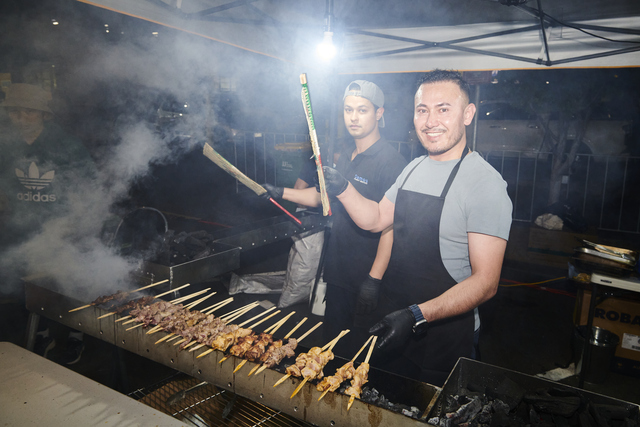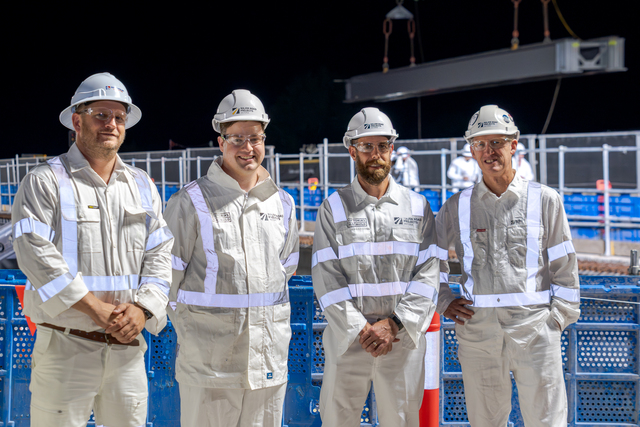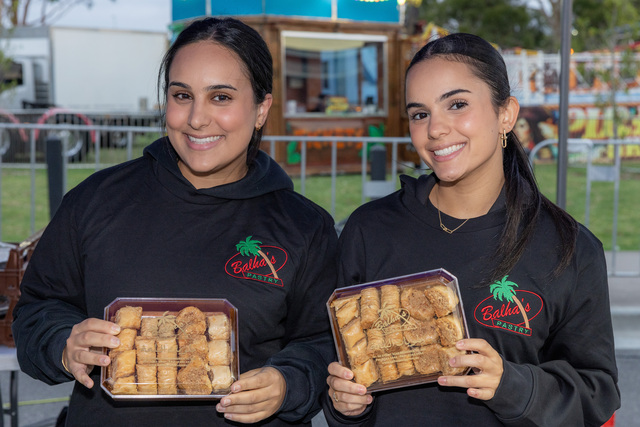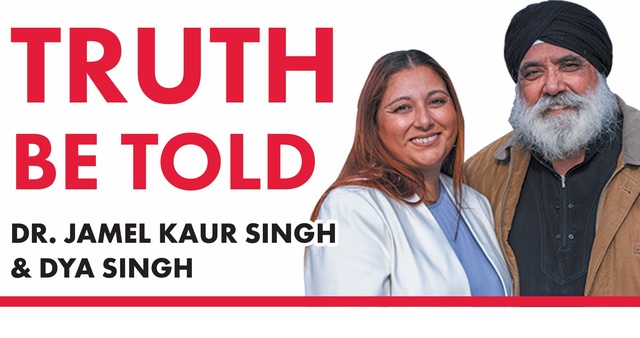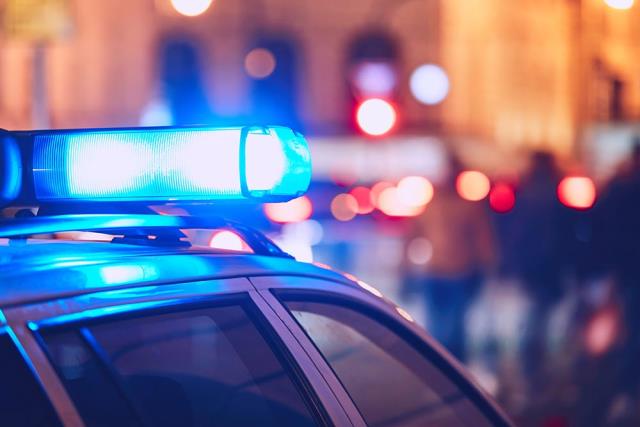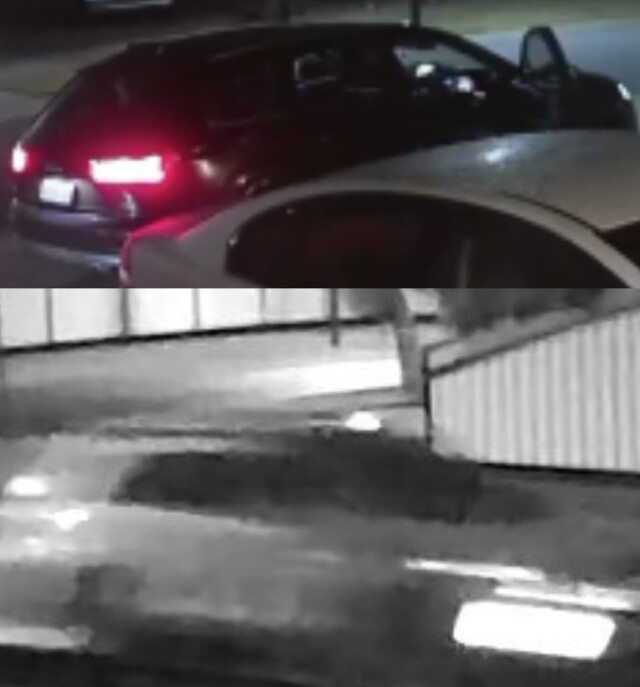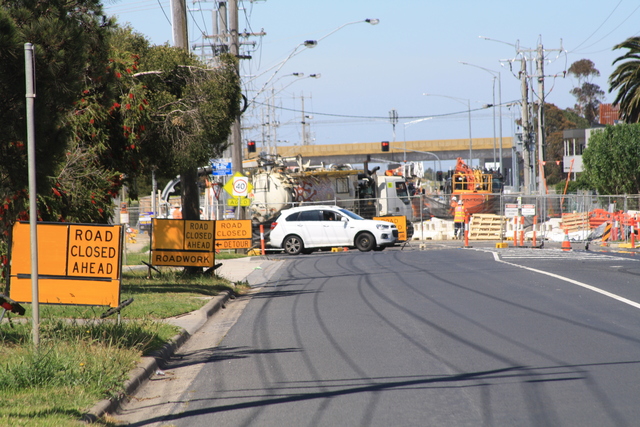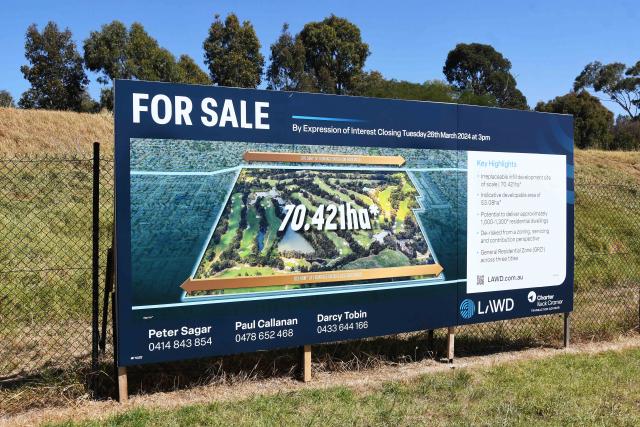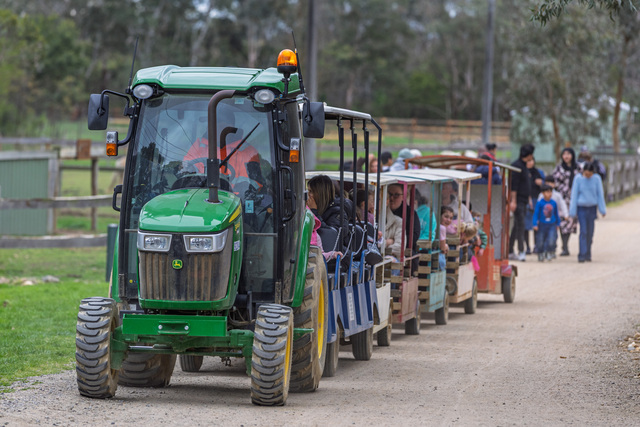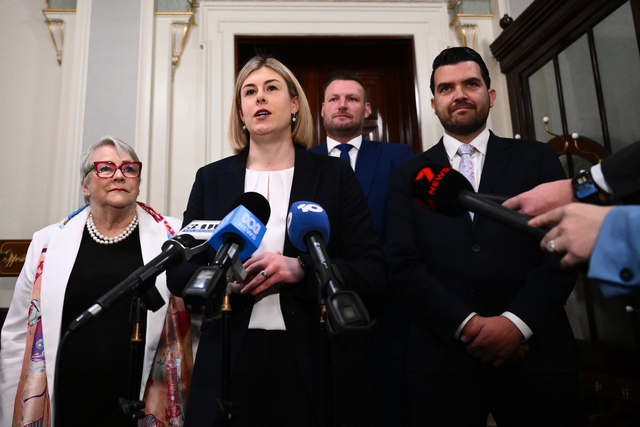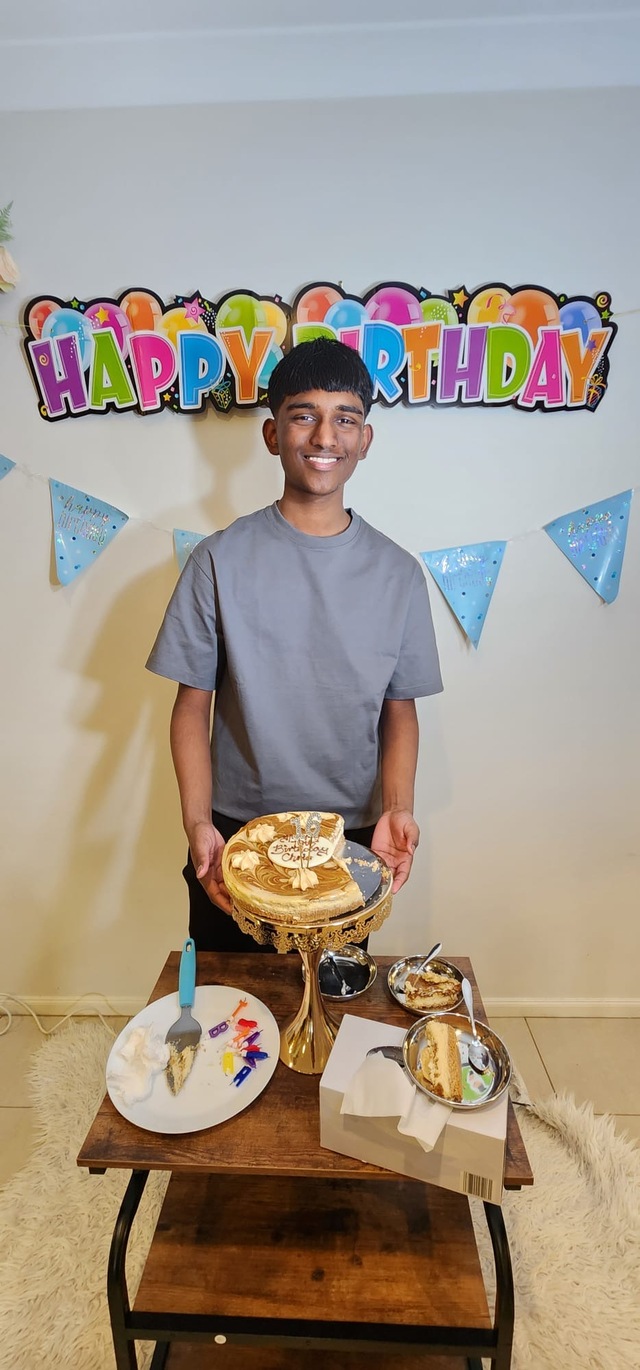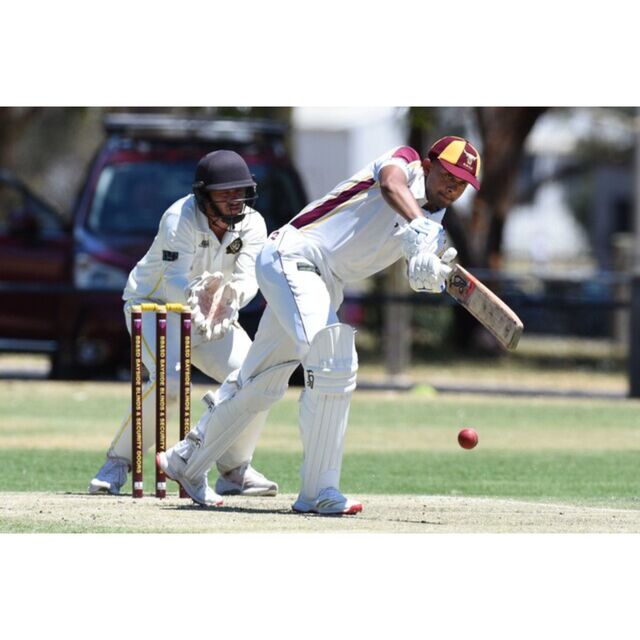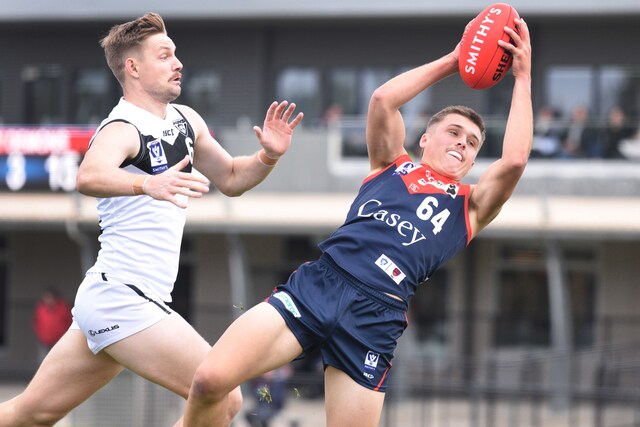The Provenance Artists group in Casey has prepared a series of artworks to honour the contributions of those involved in the war in Afghanistan.
The breathtaking pieces depict both Australian soldiers, and Afghan refugees who have migrated to Australia, set in stunning backdrops showcasing the landscape of Afghanistan.
Rather than depicting the brutality, conflict and hardships of war, the images endeavour to show the humanitarian side of those who were there at the time, such as engaging with locals in the villages, or beautiful portraits of veterans displaying their service medals.
Calvin Bell from Provenance said it was important to highlight the positive contributions that soldiers made.
It’s the fourth time the group has undertaken a similar project, having produced some moving pieces reflecting on Vietnam veterans, which were donated to the National Vietnam Veterans Museum on Phillip Island, in 2021.
“I believe that the press have been negative,” Mr Bell said.
“They only report when a solider has done the wrong thing and made a mistake. We’ve done the opposite.
“We’ve painted 20 paintings of them looking after the villages, helping them and doing all sorts of things and we’re honouring the soldiers.”
He said the project was well-received by veterans and those who participated.
“The soldiers that have been here have just been so emotional that we’re doing this. Instead of giving them a grump in the newspaper about what they’ve done wrong, they’re just so excited.”
One such veteran who played a key role in the project was Chris May, born and raised in Berwick, who served two terms in Afghanistan in 2009 and 2011.
Mr May provided photographs that served as the backdrop for many of the images, taken during his tours of duty, and also sat for a portrait.
He said he appreciated the recognition and the sentiment from Mr Bell and the artists.
“It’s nice that there are people there who want to change public perception around the war in Afghanistan,” Mr May said.
“Up to and including recent evacuation efforts, there was still Australian boots on the ground and our contribution was also about mentoring and the evacuation of refugees and people affected by the war.
“People forget that one of the key tenants of being an Aussie soldier is that we’re compassionate. If you’re going to step foot in someone else’s country, you have to respect customs and traditions and show respect.
“I definitely engaged with more of the community in speech, such as interactions with kids, than I did with the Taliban. We weren’t actively seeking combat, we were providing security for locals.”
He said he had never sat for a portrait before, but enjoyed the experience as the artists got to know their backstory and attempted to embed it in their artwork.
“There’s some really great paintings they’ve done where artists can capture someone’s memories,” Mr May said.
“I have seen some of the artwork and I thought it was amazing how they’ve done it. I’ve seen the Vietnam ones in Phillip Island but I think with Afghanistan being more recent, they’ve captured both Afghans and Veterans really well with the beautiful unique landscape of Afghanistan in the background.”
Deborah Polman was tasked with the big responsibility of depicting Mr May, and said she had really enjoyed the opportunity.
“It was interesting meeting Chris and finding out what his experiences were like in Afghanistan,” Ms Polman said.
“I like doing all the details in the paintings, so I thought it was wonderful.”
Not to be forgotten were the contributions of Afghans who assisted the armed forces during their tours.
Bassir Qadiri, founder and chief executive of the Bahktar Community Organisation, worked in a restaurant that catered for soldiers in 2004 and 2005, and providing interpretative services, before moving overseas to pursue work and study opportunities.
“The soldiers, they did a great job to provide support to Afghan people who were experiencing war and violence,” Mr Qadiri said.
“They put their life at risk to support people.”
Mr Bell tasked him with finding some fellow Afghans in Melbourne who were involved with the war in similar roles to him.
He said it was an opportunity he relished being involved in.
“When [Calvin] told me about the idea of the Afghans who contributed, I thought it was amazing,” Mr Qadiri said.
“I said to him that I wanted to be part of it.
“The paintings are amazing. (Photos of) most of them have been sent to me but they’re amazing.
“I’m very positive that this will make a huge impact on the community and everyone will love it.”
Mr Qadiri’s portrait features him in a striking blue and green jacket, with the City of Kabul over his right shoulder and his late Father over his left.
“I was asked to consider the most important person in my life that has been a mentor to me,” he said.
“It’s important to know your history and how you become the person you are today.”
When all the pieces are framed and complete, expected to be by Remembrance Day, they will be proudly displayed an exhibition at a currently undetermined venue.
Ahead of Remembrance Day, Mr May reflected on what 11 November means to him and the veteran community.
“For veterans who have served, the day is to reflect on contributions of themselves, their mates and those who came before us,” Mr May said.
“It’s a day to pause for a minute and just remember all those that have gone before us in war to remember what we have today. The ability to pick your school, your job, your destiny.
“Where we are today and the society we live in today would not be what it is without those men and women. For veterans, you’re part of that story.”

